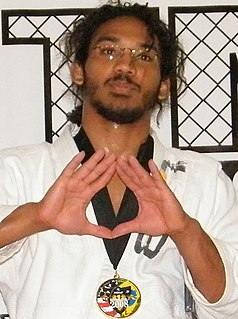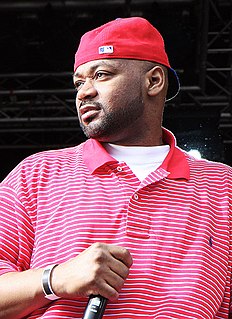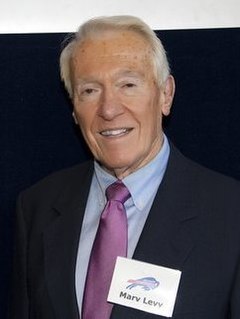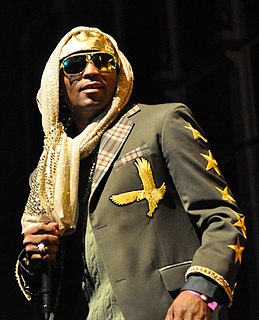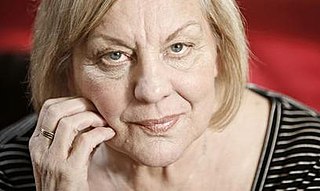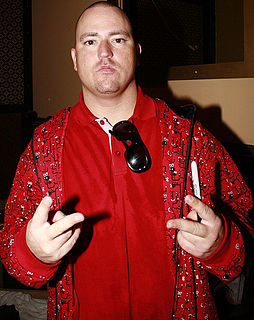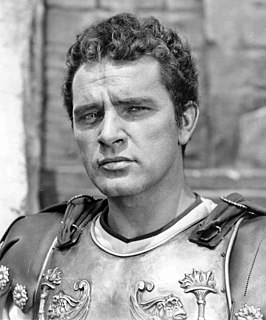A Quote by Gene Weingarten
Ever since roughly 1890, when snot poets first decided that rhyme was confining and unnecessary, every idiot with a pen fancied hisself a poet. The mere act of rhyming was suddenly regarded as a quaint, mannered, and uncool atavism, consigning doggerelists like me to the trash bin of literary history.
Related Quotes
Picturesque meant - he decided after careful observation of the scenerey that inspired Twoflower to use the word - that the landscape was horribly precipitous. Quaint, when used to describe the occasional village through which they passed, meant fever-ridden and tumbledown. Twoflower was a tourist, the first ever seen on the discworld. Tourist, Rincewind had decided, mean 'idiot'.
This is what rhyme does. In a couplet, the first rhyme is like a question to which the second rhyme is an answer. The first rhyme leaves something in the air, some unanswered business. In most quatrains, space is created between the rhyme that poses the question and the rhyme that gives the answer - it is like a pleasure deferred.
One of the surest tests of the superiority or inferiority of a poet is the way in which a poet borrows. Immature poets imitate mature poets steal bad poets deface what they take and good poets make it into something better or at least something different. The good poet welds his theft into a whole of feeling which is unique utterly different than that from which it is torn the bad poet throws it into something which has no cohesion. A good poet will usually borrow from authors remote in time or alien in language or diverse in interest.


